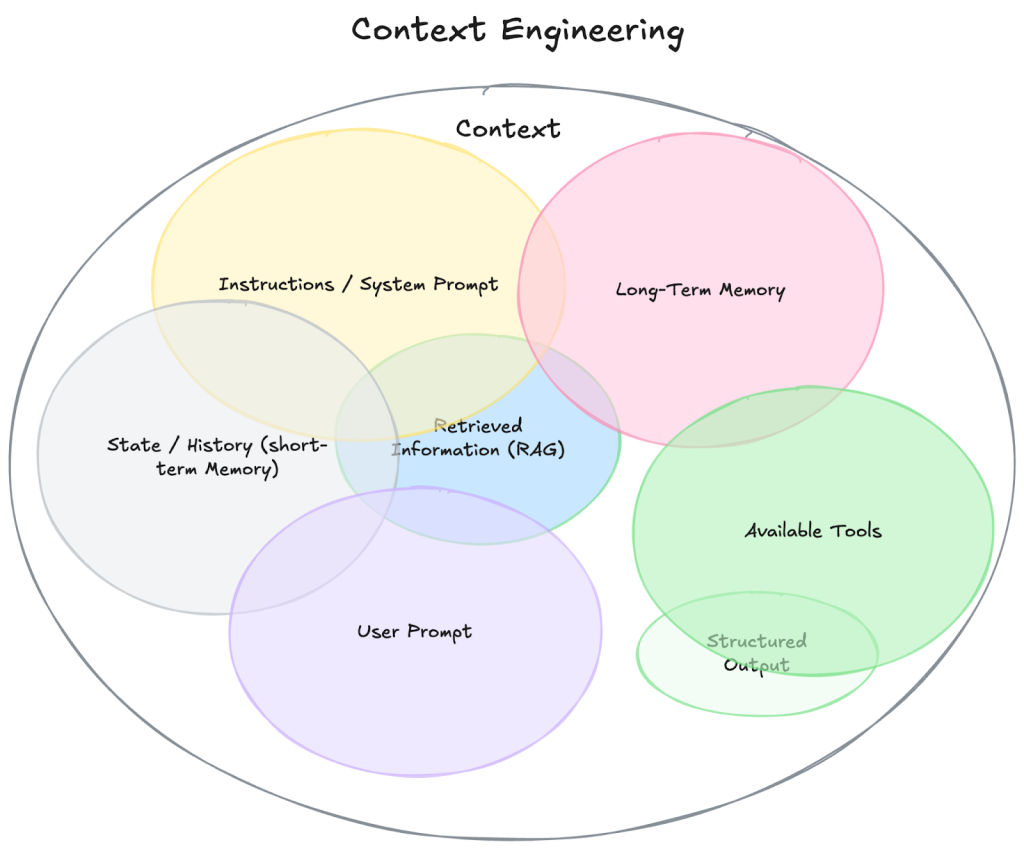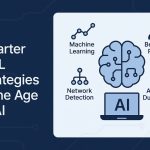
Artificial Intelligence (AI) has evolved from a futuristic concept into a foundational technology that drives innovation across industries. From automating workflows to personalizing customer experiences, AI enables organizations to make smarter, faster, and more accurate decisions.
But what’s truly changing the AI landscape today is not just automation — it’s context-aware intelligence and centralized AI governance, which are redefining how enterprises harness data for decision-making.
The Rise of AI-Driven Business Ecosystems
AI is no longer limited to experimental labs or research centers. Modern enterprises are now embedding AI into every stage of their operations — from data collection to real-time analytics and automated decision-making.
The convergence of AI with cloud computing, IoT, and big data analytics has resulted in AI-driven business ecosystems — interconnected environments where intelligence flows seamlessly across functions like sales, marketing, logistics, and customer support.
For example, an organization can now predict market demand using predictive AI models, optimize inventory automatically, and tailor marketing campaigns based on behavioral data — all through a unified AI platform.
Context Engineering: The Core of Intelligent Automation
One of the most critical advancements in AI today is context engineering — the process of helping AI systems understand not just data, but the meaning behind it. Traditional AI models often fail to interpret the context of information, leading to inaccurate outcomes or poor decision-making.
However, platforms like ZBrain’s Context Engineering are solving this challenge by enabling AI systems to dynamically adapt to real-world scenarios.
How Context Engineering Works
Context engineering enhances AI’s ability to:
- Interpret unstructured data — such as emails, contracts, or documents — with semantic understanding.
- Adjust responses based on situational factors, like tone, user intent, or historical patterns.
- Deliver precise automation by aligning machine learning models with organizational workflows.
For instance, when integrated into enterprise applications, context engineering allows AI to differentiate between a “refund request” and a “complaint,” ensuring accurate routing and resolution.
This context-aware capability transforms static automation into intelligent decision-making, where every action is relevant, data-driven, and aligned with business intent.
Building a Centralized AI Intelligence Layer
While AI applications are spreading rapidly across departments, the real challenge lies in unifying them under a single, intelligent framework. That’s where the Center of Intelligence comes in — a strategic layer that connects all AI-driven functions into a cohesive ecosystem.
ZBrain’s Center of Intelligence provides this essential structure by centralizing data, models, and analytics across business units.
Benefits of a Centralized AI Framework
- Unified Decision-Making – By aggregating intelligence from different systems, businesses can ensure that every decision is informed by real-time, organization-wide data.
- Scalability – A central AI layer allows organizations to scale models effortlessly, without duplicating infrastructure or datasets.
- Governance and Security – Centralization ensures compliance with data privacy regulations and maintains uniform security protocols across all AI workflows.
- Cross-Departmental Collaboration – Teams can share insights and analytics effortlessly, eliminating silos and promoting collective intelligence.
Through this approach, businesses can build a self-improving AI ecosystem where insights generated in one area automatically enhance performance across the entire organization.
The Synergy of Context and Central Intelligence
When context engineering and the center of intelligence operate together, they form the foundation of AI-powered digital transformation.
- Context engineering ensures that every AI output is accurate, relevant, and human-like.
- The center of intelligence ensures that this contextual data is accessible, governed, and utilized across the enterprise.
Together, they create an environment where AI becomes adaptive, transparent, and collaborative.
For example, a retail enterprise can use this combined intelligence to analyze customer sentiment, personalize offers, manage inventory, and even predict supply chain risks — all with minimal manual intervention.
Real-World Applications of AI in Enterprises
- Customer Experience Optimization
AI-powered chatbots and recommendation engines deliver hyper-personalized customer interactions, improving satisfaction and conversion rates. - Operational Efficiency
Intelligent automation reduces manual workloads by 60–80%, freeing teams to focus on strategic initiatives. - Data-Driven Decision-Making
AI analytics platforms provide actionable insights from complex datasets, allowing leaders to make quick, informed decisions. - Risk and Compliance Management
AI ensures real-time monitoring of transactions, contracts, and processes to flag anomalies and potential compliance risks. - Predictive Maintenance
In manufacturing, AI predicts equipment failures before they happen, minimizing downtime and saving costs.
The Future of AI: From Automation to Augmentation
As AI continues to evolve, the focus is shifting from automation (replacing manual tasks) to augmentation (enhancing human decision-making).
Future AI systems will act as collaborative partners, capable of learning context, predicting outcomes, and suggesting intelligent strategies — all while being transparent and explainable.
Businesses that adopt AI platforms like ZBrain are already witnessing this transition. With a strong foundation in context engineering and centralized intelligence, they are not just automating tasks — they are building adaptive intelligence ecosystems designed for long-term innovation.
Conclusion
Artificial Intelligence is no longer a distant vision; it is the driving force behind the world’s most innovative enterprises. As organizations continue to integrate AI into their operations, success will depend on their ability to make AI context-aware, collaborative, and centrally managed.
Solutions like ZBrain’s Context Engineering and Center of Intelligence are pioneering this new era — where businesses transform from being data-rich to truly intelligence-driven.







